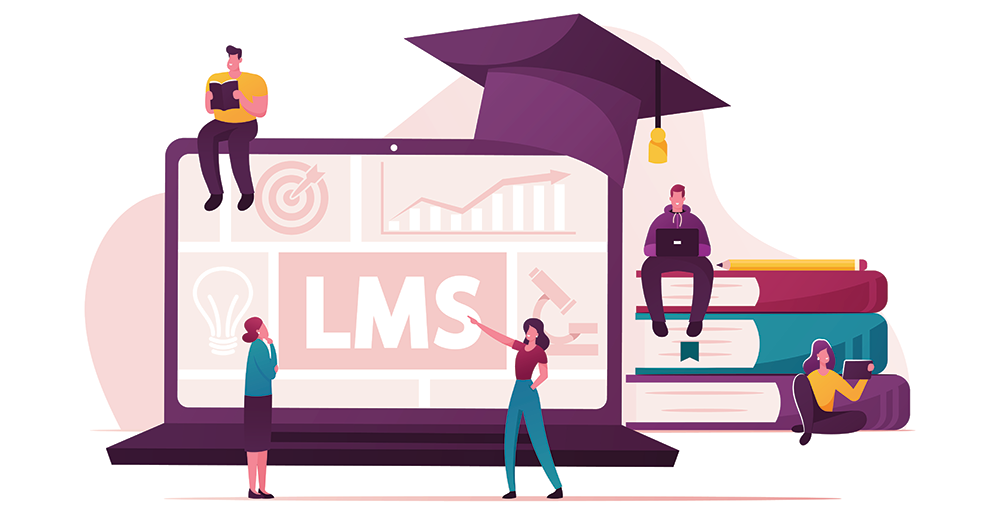
ITS is excited to announce that Canvas is now available for all Clarkies to log into and explore, in preparation for full launch in the Spring semester.
Step 1: Log in
There are three easy ways to log into Canvas
To log in
- Visit https://canvas.clarku.edu/
- Use the link in ClarkYou
- Use the link on our Canvas webpage: https://www.clarku.edu/offices/its/a-z-service-catalog/canvas/
Use your usual Clark account information to log in.
Step 2: Look around
When you log in, you will have access to a number of training options.
- A welcome tour
- A welcome message with useful links for faculty and students
- Enrollment in training classes
- All users have access to Passport to Canvas: Student training
- Faculty and Staff have access to Growing with Canvas: Teacher training
Step 3: Learn more
ATS is excited to offer a wide range of training for faculty, staff and students. Click here for more information including dates.
Getting Started and Best Practices Workshops: Multiple dates
ATS is running multiple workshops a week for faculty, staff and students to help everyone get familiar with Canvas. No registration required, and all session are available on Zoom. More dates are being added all the time! Click here for a full listing of dates and times.
Departmental Workshops: At your convenience
We would be more than happy to come and offer dedicated, focused training for your department’s faculty and staff over the next couple of months. Please reach out to canvas@clarku.edu to schedule training.
Asking for Help: Multiple opportunities
Students: Contact the Help Desk (helpdesk@clarku.edu, 508-793-7745) for any questions about Canvas
Faculty and Staff: Email canvas@clarku.edu with any of your Canvas questions, or join us for one of our many ATS Canvas Office Hours.



 This month, we meet Andy Voelker, Network Engineer, who joined Clark over the Summer from North Carolina.
This month, we meet Andy Voelker, Network Engineer, who joined Clark over the Summer from North Carolina.